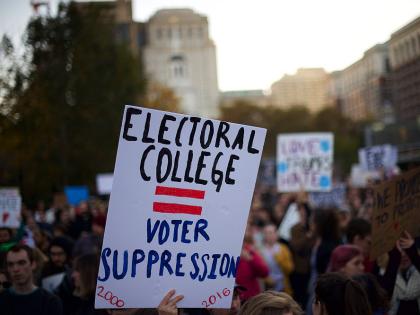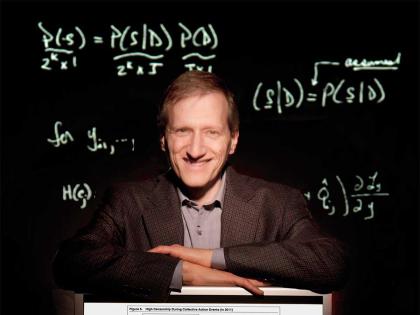University president Drew Faust stopped in Chicago on November 9 for a black-tie dinner to celebrate the 150th anniversary of the city’s Harvard Club—the oldest continuously operating alumni club anywhere, according to the Harvard Alumni Association (HAA). (A Boston club was founded in 1855, but did not survive, and the current Boston club traces its roots only to 1908. The Cincinnati club, with an 1858 founding date, trails Chicago by just one year.) Although the club’s five founding fathers—two physicians, a lawyer, an insurance-agency owner, and the city surveyor (elected in 1855 on the Know-Nothing ticket)—were all from somewhere else, the membership quickly filled out with Chicago natives as the city’s population mushroomed.
Today, the club is among the largest (it has more than 1,300 members) and the most active within the HAA, sponsoring two to four events each month. Recent offerings have included a discussion on the future of higher education with University of Illinois president B. Joseph White, M.B.A. ’71, and a dialogue with Peter Sellars ’80, who was in town to direct an opera. The club’s leaders say it also has a unique level of engagement with the city’s nonprofit and cultural institutions, including a special relationship with Walter Payton College Prep, a highly diverse public school where club members provide college counseling, one-on-one tutoring, and coaching for the math and sports teams, as well as the debate team, which won a national championship last year. Local alumni have also endowed scholarship funds, with a combined market value of more than $6 million, for Chicago-area students at the College, one of the largest such programs established by a Harvard club.
Club members readily tell stories of renowned alumni. Samuel Johnston, A.B. 1855, the donor for whom Johnston Gate in Harvard Yard is named, was a Chicago financier and real-estate developer. The College’s first African-American graduate, Richard Theodore Greener, A.B. 1870, lived in Chicago after his retirement from the U.S. Foreign Service. And Robert Todd Lincoln, A.B. 1864, the son of Abraham Lincoln, practiced law in Chicago and served two terms as club president. The club also had a female president before Harvard did—in fact, its second female (and current) president, Margaret I. McCurry, LF ’87, introduced Faust, the eigth Harvard president to visit the club.
Faust has devoted ample time to meeting with alumni in the early months of her presidency; the next planned stops on her tour included Washington, D.C., in December, to be followed by London in January and China in March. In Chicago, before a crowd of more than 500, she touched on the themes of her young administration: transcending the boundaries that divide Harvard’s various schools and departments; making it easier for students of modest means to attend; emphasizing practicing, as well as studying, the arts. She called for improving instruction and making Harvard a more international place.
Responding to a question from one alumnus—“Harvard is so rich already. Why do you keep asking us for more money?”—Faust answered: “Thirty-five billion dollars is not very much money if you want to change the world.” She paused, then added, “That is a serious answer, actually,” and went on to describe several major goals of her administration that are “not inexpensive”: building the new campus in Allston, expanding financial aid for undergraduates from middle-class families.
Another alumnus asked how Faust would have handled the scenario another university president recently faced: Iranian president Mahmoud Ahmadinejad’s appearance in September at Columbia University, where its president, Lee Bollinger, gave him a less-than-welcoming introduction. Faust, who had clearly given the matter some thought, said that if a request to invite Ahmadinejad had come through her office (as do all Harvard’s invitations to heads of state, as a matter of course), she would have honored the request but would not have introduced Ahmadinejad herself. “I would have tried to set up the situation so there was a group to respond or to question after he spoke,” she said. “I think I would not have had myself front and center.…I would have wanted to ensure there was very active debate and that the matters of opposition or misrepresentations he made were challenged.”
~Elizabeth Gudrais








